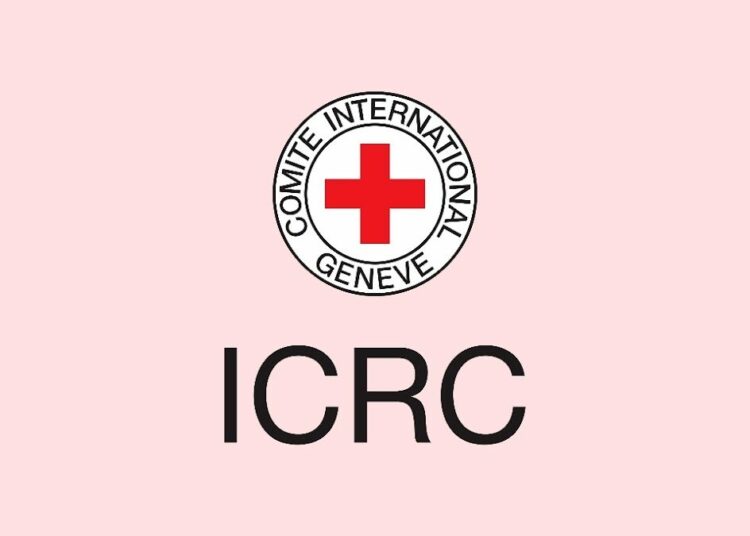The International Committee of the Red Cross (ICRC) has called on governments at all levels to make stronger and sustained efforts to search for missing persons and to provide answers to their families.
The head, Sub-Delegation of the ICRC in Maiduguri, Diana Japaridze, made the call yesterday during the commemoration of the International Day of the Disappeared in Maiduguri, the Borno State capital.
She noted that the issue of missing people is one of the most devastating and long-lasting consequences of armed conflict and other violence, disasters and migration, saying that across the world, hundreds of thousands of individuals are missing with many never returning and are never heard from again, leaving families shattered and searching for answers.
She said that by the end of 2024, more than 284,000 people from all over the world were registered as missing with the Family Links Network of the International Red Cross and Red Crescent Movement.
“In Nigeria, the ICRC has registered around 24,000 active cases of missing persons since 2014 when the conflict peaked. This number, ICRC’s highest caseload in Africa, likely represents only a fraction of the total number of persons missing in the country. More than half were children at the time they disappeared.
“Today, we gather in unity and compassion to commemorate the International Day of the Disappeared. On August 30 every year, the ICRC joins with families of the missing to honour missing persons, including victims of enforced disappearance, and to stand in solidarity with their family members.
“The ICRC acknowledges the immense impact of the missing persons on the society and on the families. It disrupts the fabric of communities, hinders reconciliation, and impedes social and economic progress.
“The weight of this issue often falls on the shoulders of the families, who tirelessly seek answers throughout their lifetimes. Today, many families are still living in uncertainty, causing agony and unspeakable suffering. This suffering is compounded by economic, legal, administrative, psychological and psychosocial challenges, as well as the need for their suffering to be officially acknowledged and for someone to be held accountable,” Japaridze said.
She added that these needs often evolve over time, saying that in response , the ICRC takes a holistic approach by complying with international legal frameworks and work closely with authorities and stakeholders to prevent families from becoming separated and people from going missing, to reunite families, clarify the fate and whereabouts of missing people, protect the dignity of the dead and address the multifaceted needs of families.
She said to address the specific psychological and psychosocial impact that loss and disappearance have on individuals, families, and communities, difficulties surrounding legal processes and documentation, the ICRC launched the Accompaniment Program in Maiduguri, Monguno, Ngala, Yola and Mubi, to help these families deal with their emotional and wider social challenges.
“So far, more than 400 families in Borno State have been supported through the program. Yet, many families are still facing enormous challenges and difficulties related to the disappearance of their loved ones. Therefore, ICRC calls for stronger and sustained efforts to search for missing persons and to provide answers to their families. These can include, amongst many others, strengthening national legal and institutional frameworks, including medico-legal systems; putting systems in place to determine what has happened to people who have gone missing; and support systems for the families of missing persons to address their economic and legal needs after the disappearance,” she added.











